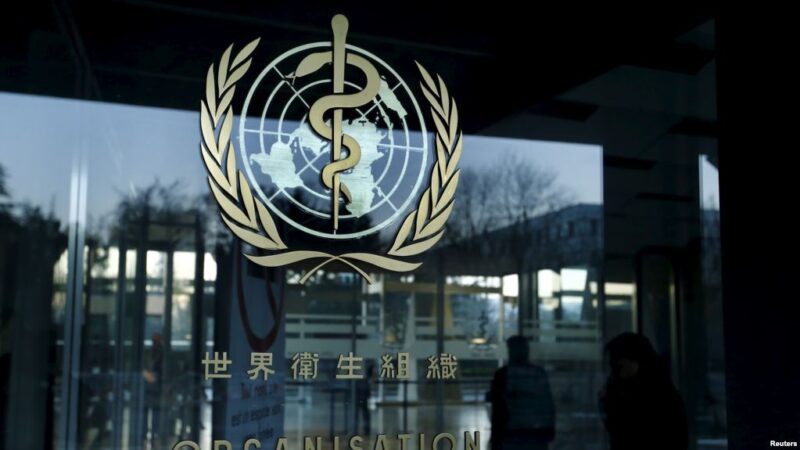The World Health Organisation (WHO) has raised concerns over the global burden of hypertension, warning that despite being both preventable and treatable, the condition continues to kill millions each year.
The global health body, in a new report noted that hypertension also poses a serious threat to health systems and economies.
The second Global Hypertension Report, was released at an event co-hosted by WHO, Bloomberg Philanthropies, and Resolve to Save Lives during the 80th United Nations General Assembly (UNGA).
The report revealed that 1.4 billion people were living with hypertension in 2024.
Yet just over one in five have their blood pressure under control through medication or lifestyle changes.
The report also found that only 28 per cent of low-income countries have all WHO-recommended hypertension medicines generally available in pharmacies or primary health facilities, compared with 93 per cent of high-income countries.
Leading cause of preventable deaths
Hypertension is a major driver of heart attacks, strokes, chronic kidney disease, and dementia.
Without urgent action, WHO warns, countries will continue to record high levels of premature deaths while also facing mounting financial losses.
Between 2011 and 2025, cardiovascular diseases, including hypertension, are projected to cost low- and middle-income countries an estimated $3.7 trillion, roughly two per cent of their combined GDP.
WHO Director-General, Tedros Ghebreyesus stressed the urgent need for governments to scale up efforts in tackling hypertension.
Mr Ghebreyesus warned that without stronger political will and sustained investment, millions of lives would be lost to a disease that is both preventable and treatable.
“Every hour, over 1,000 lives are lost to strokes and heart attacks from high blood pressure, and most of these deaths are preventable,” he said.
“Countries have the tools to change this narrative. With political will, ongoing investment, and reforms to embed hypertension control in health services, we can save millions and ensure universal health coverage for all.”
Kelly Henning, who leads the Bloomberg Philanthropies Public Health Programme, added that uncontrolled hypertension claims more than 10 million lives annually.
Ms Henning added that many low -and middle-income countries are still left behind.
“Countries that integrate hypertension care into universal health coverage and primary care are making real progress, but too many low- and middle-income countries are still left behind,” she said.
Persistent barriers
An analysis of data from 195 countries shows that 99 of them have national hypertension control rates below 20 per cent.
Most of those affected live in low- and middle-income countries where health systems face serious resource challenges.
The report identified key barriers in hypertension prevention, diagnosis, treatment, and long-term care.
They include weak health promotion policies on alcohol, tobacco, diet, and physical activity; limited access to validated blood pressure devices; lack of standardised treatment protocols and trained primary care teams; unreliable supply chains; high medicine costs; and weak systems for monitoring progress.
Tom Frieden, President and CEO of Resolve to Save Lives, emphasised the urgent need to expand access to affordable blood pressure medicines.
Mr Frieden noted that closing this gap would not only save lives but also save billions of dollars every year.
Evidence of progress
Despite the gaps, the report highlights examples of countries that have successfully scaled up hypertension care.
Bangladesh increased control rates from 15 per cent to 56 per cent in some regions between 2019 and 2025 after embedding treatment services in its essential health package.
READ ALSO: CBN cuts interest rate to 27%
The Philippines has rolled out WHO’s HEARTS technical package nationwide, while South Korea has achieved a 59 per cent national control rate by reducing costs for blood pressure medicines and limiting patient fees.
WHO urged all governments to embed hypertension control within universal health coverage reforms.
The agency said implementing the measures outlined in its report could prevent millions of premature deaths while easing the social and economic toll of uncontrolled high blood pressure.











